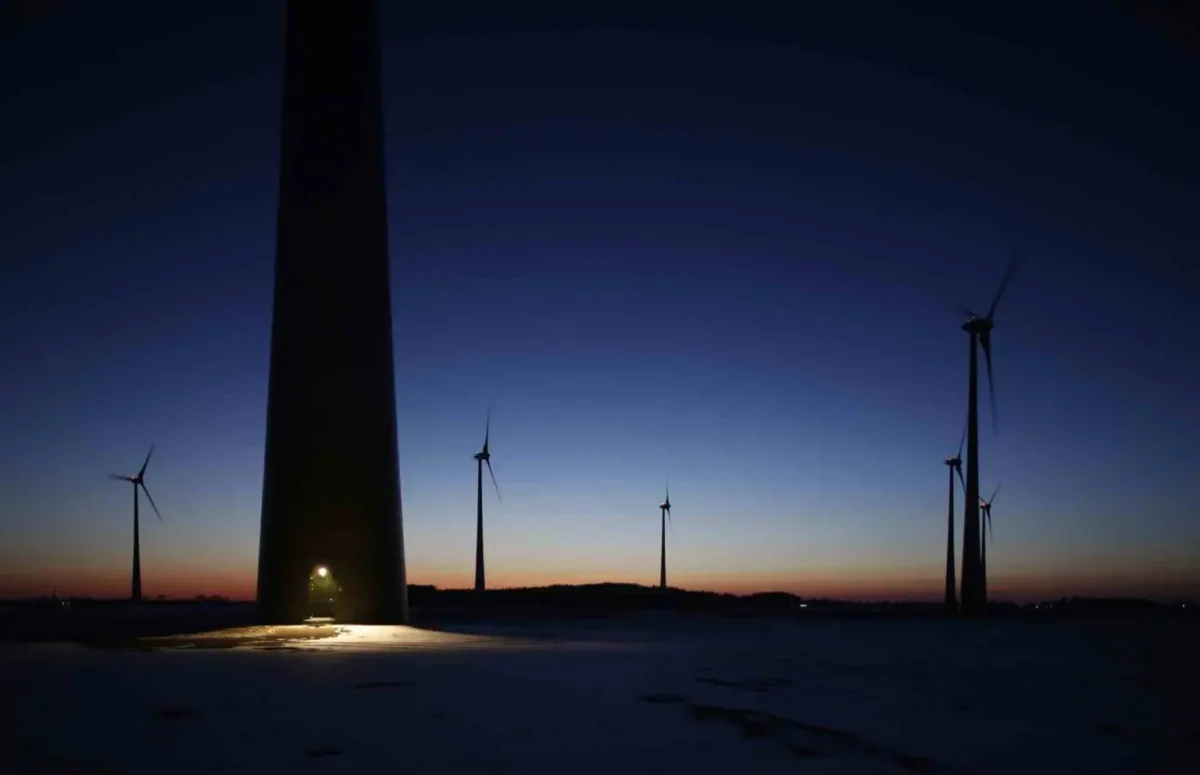Following an extreme spike in electricity prices on December 12, Germany’s Federal Network Agency (BNetzA) has said it will investigate possible market manipulation that could have contributed to the situation.
BNetzA head Klaus Müller in a social media post said the grid regulator took the price spike “very seriously” and that it “assesses alleged market manipulation.” Investing in steerable capacity and flexibility would be crucial for Germany, Müller said.
Market manipulation could, for example, occur when companies withhold technically available backup plant capacity to push up power prices.
During a so-called Dunkelflaute (dark doldrums) event last week, when both wind and solar power output were very low, intraday power prices shortly shot above 900 euros per megawatt hour (MWh). The unavailability of fossil fuel plants was a contributing factor during the price spike in Germany and in other European countries.
“Power supply security has not been at risk at any point in time,” the BNetzA said in an analysis. However, it added that operators had not dispatched any backup power plants even when the short-term wholesale price level exceeded 300 euros per MWh.
While price peaks during a Dunkelflaute event are generally to be expected, the regulator and power exchange operators will investigate whether collusion had played a role in the mid-December price hike. “Provided that there are related leads, we will initiate further investigations,” the BNetzA said.
Most power customers are not directly affected by the price hikes thanks to having long-term supply contracts at fixed rates. However, industrial consumers with flexible contracts can become affected by the spikes.
The agency said a repeat of the price hike seen in mid-December could not be ruled out in the coming weeks, even if the upcoming Christmas holidays would likely reduce power demand. However, regulatory measures for the construction of steerable power plants continued to be urgently needed, the BNetzA said.
Swedish minister blames price spike on Germany’s energy policy
A sudden and sharp increase in power prices also occurred in Sweden on 12 December, leading the country’s energy minister, Ebba Busch, to make Germany’s energy policy and its phase-out of nuclear power responsible for the price hike in her country and at EU level.
“I’m furious with the Germans,” Busch said according news site Euractiv.
As the European power market allows Germany to import electricity from Sweden at times of lower domestic production, prices in Sweden were rising because of higher demand. Busch argued that Germany’s energy policy “had very serious consequences” for her country.
In a social media post, Germany’s economy ministry said the EU’s internal energy market was designed to increase overall efficiency in Europe through imports and exports that would ultimately benefit power customers across the region.
“During certain periods of the year, Sweden benefits from our wind power capacity and buys cheap German renewable power. At times of little wind, we import electricity from Sweden’s stored hydro power plants. That is how electricity trading works,“ the ministry said.
Moreover, Sweden and Germany would only have a rather small – 600 MW — power interconnector to conduct direct electricity trading, and the pricing region in southern Sweden that is linked to Germany has only very little plant capacity itself.
“Power prices in Sweden for the most part are determined by domestic factors,” such as local infrastructure and demand, the German ministry said.
An analysis by the BNetzA of wholesale power prices from 2021 until the price hike on 12 December showed that price levels generally differed between Germany and its neighbours throughout the year.
The Nordic countries — Sweden, Norway and Denmark — often had lower prices than Germany, while its eastern and southern neighbours, including Poland, Czechia, Austria and Switzerland, often had higher prices. There was no clear tendency regarding its western neighbours France, Belgium and the Netherlands.
Clean Energy Wire. Reproduced with permission.










